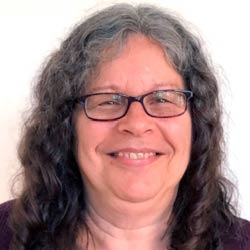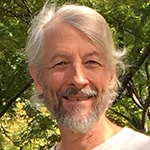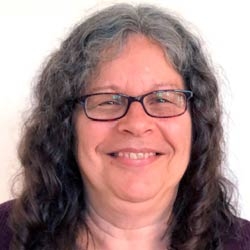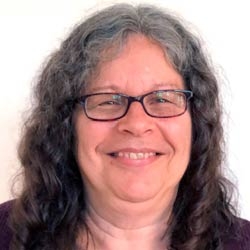

NVC Resources on Interdependence
-
How do our nervous systems sync during connection, and what happens when disconnection occurs? In this Sarah Peyton video, we explore the profound interdependence of human relationships through the lens of Nonviolent Communication (NVC).
-
When we are transparent about our concerns, brainstorm solutions together, and look towards making a decision with the other person, we can increase understanding, partnership, and mutual support. This invites people to work on the same issue from the same direction, collaboratively seek solutions, and tap a deeper wisdom. In the end, the future survival of our species depends on this kind of active interdependence.
-
In the "obnoxious stage" we care for our needs in a way that doesn't respect others' needs. In the "emotional liberation" stage we fully care for others' needs as much as our own—while being free of fear, guilt, shame, or obligation. Often NVC training teaches us how to achieve the latter stage without the former. For greater compassion we can be more rigorous in how we talk about “responsibility", impacts and interdependence.
-
NVC practice is based on several key assumptions and intentions. When we live based on these assumptions and intentions, self-connection and connection with others become increasingly possible and easy, helping us contribute to a world where everyone’s needs are attended to peacefully.
-
Join LoraKim Joyner to investigate how merging science, the social and emotional intelligence of humans, animals and other species and Nonviolent Communication can bring a greater sense of belonging and wholeness to your life, and care and justice to the lives of others.
-
The regeneration movement employs practices for healing our planet from damage, and boosting Earth sustainability. Environmental and social degradation is deeply connected -- as it comes from the same extractive, exploitive mindset of economic and related systems. Connecting with universal consciousness and needs underlying conflicts, we connect with commonality of all planetary life. This helps tap new abilities for working together. This can contain power to regenerate and heal ourselves and Earth.
-
Historically, work, education, resources, land, animals, and relationships were intertwined, shattered by capitalism and industrialization. We transitioned from communal self-sufficiency to individualism, industry, and smaller families. To avert extinction and thrive, we need to reconstruct social systems, emphasizing the commons, uniting communities with the land and resources in interdependent, regenerative harmony.
-
We can cultivate spiritual clarity through bringing attention to our intentions, mourning, gratitude, and the dynamic flow of feelings and needs. This can bring more autonomy, choice and liberate the energy of connection and contribution. We can also awaken our hearts to see the reality that our well-being is mutually interdependent. Read on for more.
-
The word "privilege" signifies the benefit to the person having it, and the relationship between that person’s benefit and others' lack of benefit. When privileged, there are incentives to not see this interdependent link. For instance, it's easier for the wealthy to think of the poverty of many and the wealth of some are unrelated. If the wealthy want to keep wealth they would need to continue with approaches rooted in this separation.
-
Interactive dialogue addresses common questions for new NVC facilitators and trainers.

Quick Links
Subscription Preferences
Stay In Touch!
Looking for ways to keep up with NVC Academy news, get special offers, free resources, or words of inspiration? Here are five ways to stay engaged:










